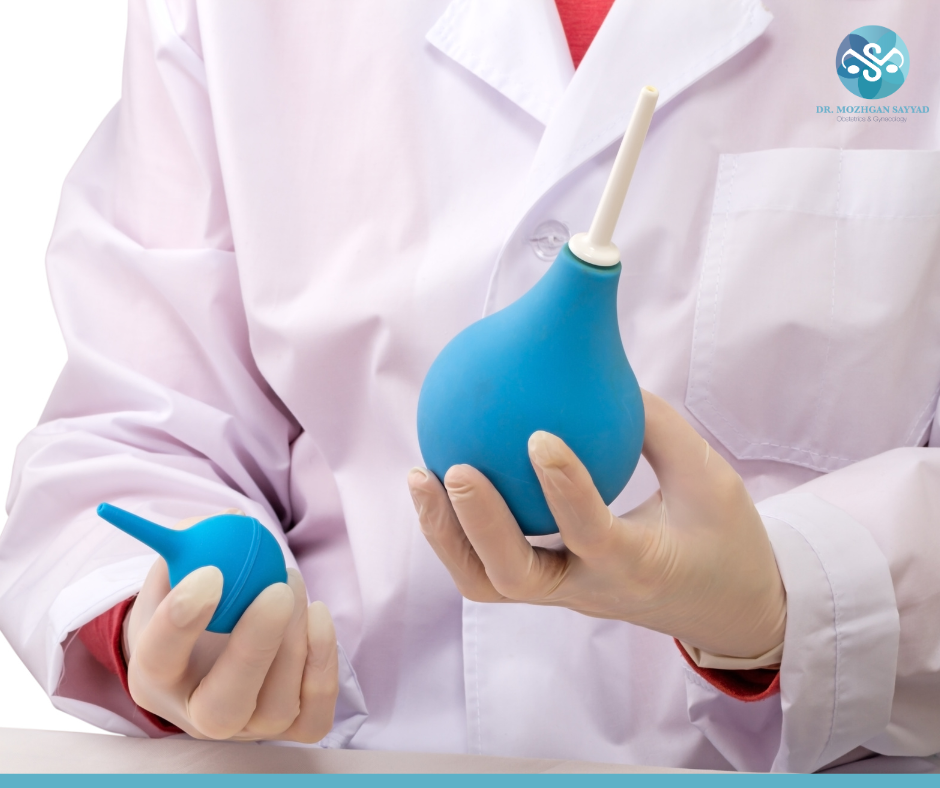ASCUS or Atypical Squamous Cells of Undetermined Significance is a term commonly used in pap smears and cervical cytology results to indicate the presence of abnormal cervical cells. In most cases, these cells are caused by mild infections or inflammations and aren’t cancerous. Primary causes of ASCUS are HPV infection, infections, hormonal fluctuations, and recent vaginal douching and intercourse. Based on individual factors, a follow-up process is recommended to evaluate the cells further and monitor cervical health.
What is Ascus?
Atypical Squamous Cells of Undetermined Significance or ASCUS [ASC-US] in short, is a term used in cytology, mainly in pap smear tests or cervical cytology tests, to signify the presence of abnormal cells.
When a test result shows ASCUS, it means that certain cells collected from the cervix are abnormal. However, it doesn’t necessarily signify a precancerous or cancerous condition. In most cases, the abnormality is caused by a mild infection or inflammation of the cervix.
As the result is uncertain, further testing may be required to evaluate the cells.
Causes of ASCUS
Some of the common causes of ASCUS are:
- Presence of HPV: Certain types of HPV can cause abnormalities in the cells leading to ASCUS.
- Inflammation or Infection: Infections like bacterial vaginosis and STDs can cause inflammation of the cervix cells.
- Hormonal Fluctuations: Hormone fluctuations and low hormone levels, like in the case of postmenopausal women, can lead to atypical changes in the cells.
- Vaginal Douching: It’s recommended to avoid douching 48 hours prior to the test as douching can lead to abnormal results.
Related: Why Avoid Vaginal Douching - Sexual Activity: Similar to vaginal douching, it’s also recommended to avoid sexual activities 48 hours before the test to prevent false results.

Diagnosis of ASCUS
As mentioned earlier, ASCUS is typically diagnosed through pap smears or cervical cytology tests. Further tests may be required if the result shows any abnormalities.
Types of ASCUS – Understanding ASCUS Results
According to the literature of the International Academy of Cytology Task Forces, ASCUS can be categorized into four types, they are:
- Atypical Squamous Cell with “Mature” Intermediate Type of Cytoplasm: Cells that are mature in appearance with a lesser risk of progressing to cancer.
- Atypical Squamous Cell with “Immature” Intermediate Type of Cytoplasm: Cells that are mature in appearance with a higher risk of progressing to cancer.
- Atypical Squamous Cell with “Parabasal” Intermediate Type of Cytoplasm: Cells that have a unique morphology with a higher risk of progressing to cancer.
- Atypical Squamous Cell with “Koilocytic” Intermediate Type of Cytoplasm: Cells that have a unique appearance with a higher risk of progressing to cancer.
Follow-Up on ASCUS Results & Treatment in Dubai
The specific follow-up steps can vary based on age, risk factors, and the presence or absence of HPV. Here is a general outline of the follow-up process:
- Age Consideration: The follow-up process varies according to the age groups. For instance, the guidelines for women under 21 are different than women between 21 – 29 and those above 30.
- HPV Testing: HPV testing is recommended for ASCUS results. If HPV is positive, there might be a higher risk of cellular abnormalities.
- Repeat Pap Smear Test: In some cases, a pap smear test may be repeated within six to 12 months to monitor if they persist or resolve on their own.
- Colposcopy: Colposcopy allows the doctor to closely examine the cervix and evaluate the atypical cells.
Related: Colposcopy - Biopsy: If colposcopy shows concerning results, biopsies may be taken for further evaluation. A biopsy can help understand if the cells are precancerous or cancerous.
- Frequent Monitoring: Based on the results from the follow-up testing, more frequent monitoring and interventions may be recommended.
The treatment for ASCUS mainly involves evaluating and monitoring regularly to understand the cause of the abnormalities. Depending on the results and individual factors, the treatment will vary.

Prevention Strategies for ASCUS
Although lifestyle changes don’t directly treat ASCUS, they can positively contribute to overall cervical health. Moreover, following a healthy lifestyle can strengthen the immune system and reduce the risk of infection. Here are some basic prevention strategies:
- Cervical Cancer Screening: Regular cervical cancer screening can help detect abnormalities early on allowing for timely intervention. Follow the recommended cervical cancer screening guidelines to ensure cervical health.
Related: Cervical Cancer Screening - HPV Vaccination: If eligible, HPV vaccination is an excellent prevention method. HPV vaccines protect the body from high-risk HPV types that can cause cervical cancer. The vaccine is best taken before exposure to the virus, typically between adolescence and early adulthood.
Related: HPV Vaccination - Safe Sexual Practices: To prevent abnormalities, it’s essential to practice safe sex. This will reduce the chance of sexually transmitted diseases, including HPV.
- Smoking Cessation: Not only does smoking weaken the immune system, but it also increases the risk of cervical cancer. Stopping these unhealthy habits can enhance overall health.
- A Healthy Diet: Consider following a diet that’s rich in fruits, veggies, whole grains, and lean proteins. A healthy diet is key to a strong immune system and overall good health.
- A Healthy Weight: Achieving and maintaining a healthy weight can contribute to overall health. Manage weight through proper diet and regular exercise.
- Stress Management: As we all know, chronic stress can damage the immune system. Therefore, manage stress effectively through techniques like yoga, meditation, and other relaxation methods.
- Learn & Understand: Educate yourself on sexual health, STDs, risk factors, and preventive measures. With correct knowledge, you will be empowered to make better decisions.
- Follow the Recommendations: Follow the recommendations prescribed for follow-up testing. Regular monitoring can help maintain cervical health.

Get Help with Dr. Mozhgan
If you’ve received abnormal pap smear results and are looking for an excellent gynecologist in UAE, consider Dr. Mozhgan Sayyad. She is one of the best gynecologist in Dubai with over 25 years of experience and expertise in this field. With her guidance and support, you’re guaranteed a seamless journey.
Book an appointment today & take control of your health!
Common FAQs
Q1. Does ASCUS mean yeast infection?
ASCUS doesn’t necessarily mean yeast infection. ASCUS is a term used in cytology to describe the presence of abnormal cervical cells. With that in mind, abnormal cells can be caused by a variety of factors including vaginal infections or STDs and not limited to yeast infections.
Q2. What are the primary causes of ASCUS?
The primary causes of ASCUS are vaginal infections, hormonal changes, the presence of HPV, and recent vaginal douching and sexual intercourse.


